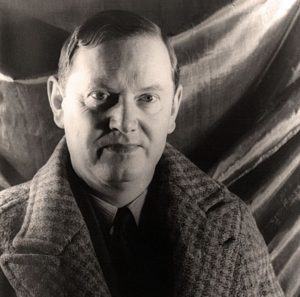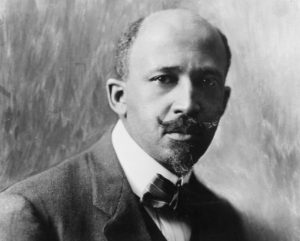‘To Kill a Mockingbird’ Author Harper Lee Dies at 89
Harper Lee, the author of "To Kill a Mockingbird," a novel about racism in the Jim Crow South that became beloved by millions and a classic of American literature, died Friday in Monroeville, Ala. Harper Lee during a 2007 ceremony of the Alabama Academy of Honor, at the state Capitol in Montgomery. She was inducted into the academy in 2001. (Rob Carr / AP)
Harper Lee during a 2007 ceremony of the Alabama Academy of Honor, at the state Capitol in Montgomery. She was inducted into the academy in 2001. (Rob Carr / AP)
Harper Lee, the author of “To Kill a Mockingbird,” a novel about racism in the Jim Crow South that became beloved by millions and a classic of American literature, died Friday in Monroeville, Ala. She was 89.
Lee died in her sleep at the Meadows, an assisted living facility, her nephew said.
The New York Times reports:
The instant success of “To Kill a Mockingbird,” which was published in 1960 and won the Pulitzer Prize for fiction the next year, turned Ms. Lee into a literary celebrity, a role she found oppressive and never learned to accept. The enormous success of the film version of the novel, released in 1962 with Gregory Peck in the starring role of Atticus Finch, a small-town Southern lawyer who defends a black man falsely accused of raping a white woman, only added to Ms. Lee’s fame and fanned expectations for her next novel.
For more than half a century, it failed to appear. Then, in 2015, long after the reading public had given up on seeing anything more from Ms. Lee, a sequel appeared under mysterious circumstances.
“I never expected any sort of success with ‘Mockingbird,’ ” Ms. Lee told a radio interviewer in 1964. “I was hoping for a quick and merciful death at the hands of the reviewers, but, at the same time I sort of hoped someone would like it well enough to give me encouragement.” Instead, she said, “I got rather a whole lot, and in some ways this was just about as frightening as the quick, merciful death I’d expected.”
Ms. Lee gained a reputation as a literary Garbo, a recluse whose public appearances to accept an award or an honorary degree counted as important news simply because of their rarity. On such occasions she did not speak, other than to say a brief thank you. …
In one of her last interviews, with a Chicago radio show in 1964, Ms. Lee talked in some detail about her literary ambition: to describe, in a series of novels, the world she grew up in and now saw disappearing. “This is small-town middle-class Southern life as opposed to the Gothic, as opposed to ‘Tobacco Road,’ as opposed to plantation life,” she told her interviewer, adding that she was fascinated by the “rich social pattern” in such places. “I would simply like to put down all I know about this because I believe that there is something universal in this little world, something decent to be said for it, and something to lament in its passing,” she continued. “In other words, all I want to be is the Jane Austen of South Alabama.”
–Posted by Jenna Berbeo
Your support matters…Independent journalism is under threat and overshadowed by heavily funded mainstream media.
You can help level the playing field. Become a member.
Your tax-deductible contribution keeps us digging beneath the headlines to give you thought-provoking, investigative reporting and analysis that unearths what's really happening- without compromise.
Give today to support our courageous, independent journalists.






You need to be a supporter to comment.
There are currently no responses to this article.
Be the first to respond.